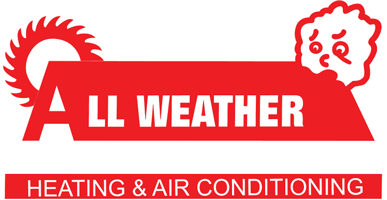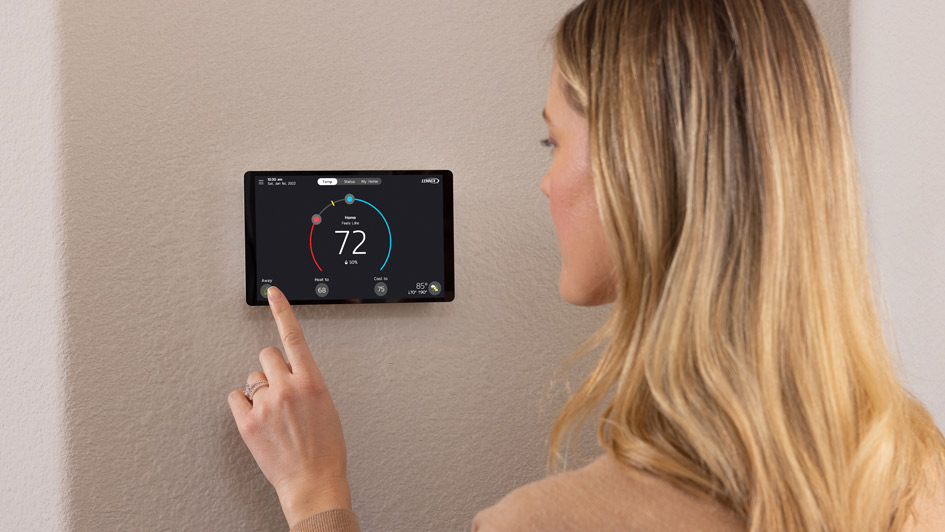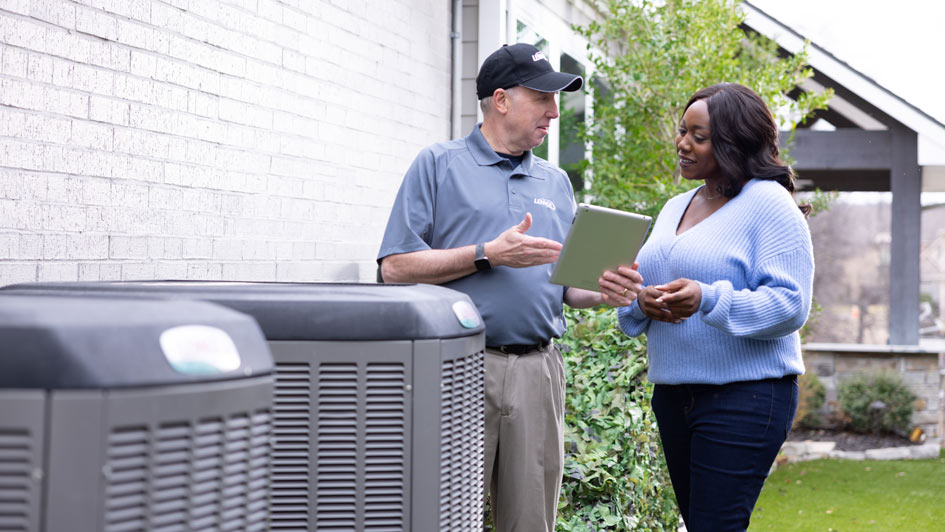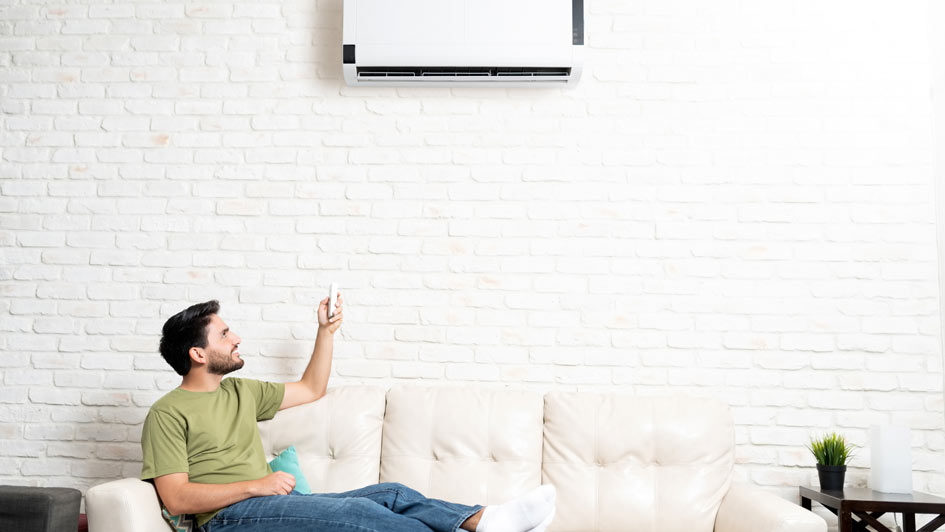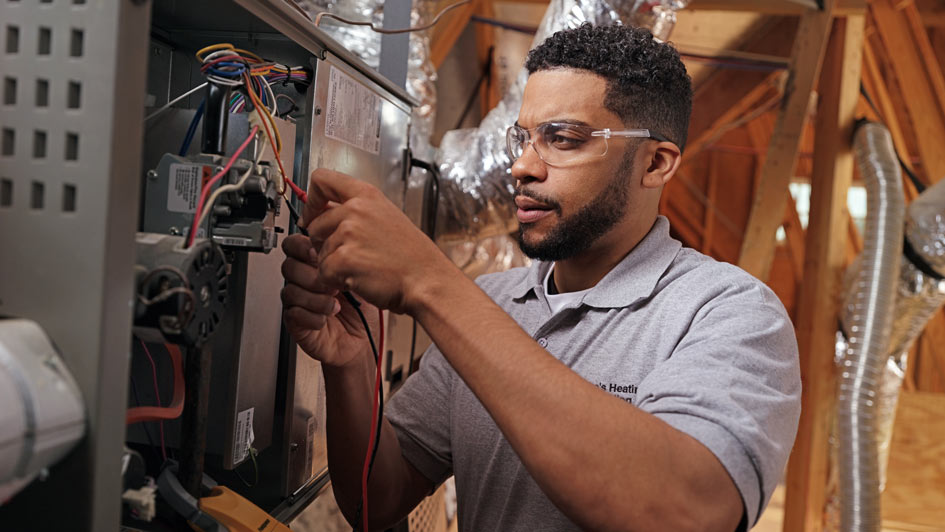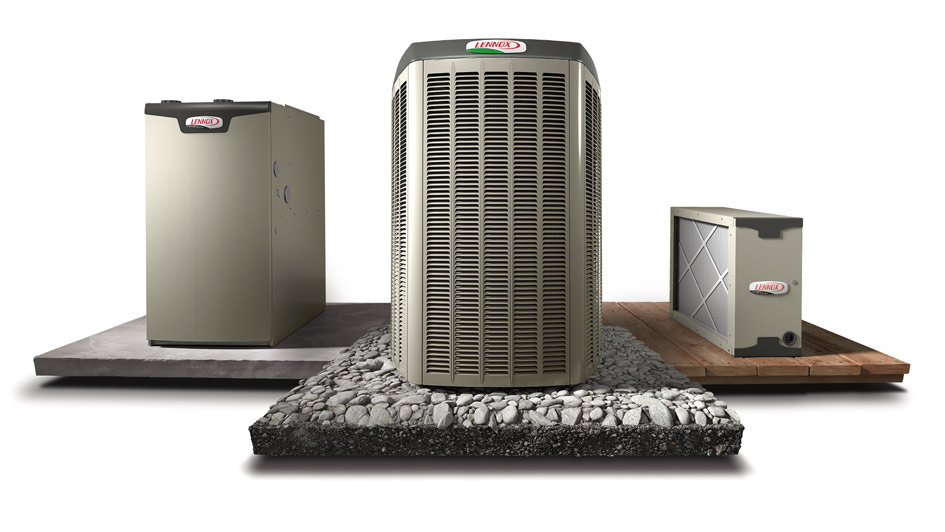Blog
Serving Huntsville and These Areas
About All Weather Heating & Air Conditioning Inc
At All Weather Heating & Air Conditioning Inc, making your home cozy is our highest interest. That’s why we supply reliable HVAC solutions and excellent work in Huntsville. Our pros are educated in a wide variety of services, so you can have confidence in your results. They’ll provide the help you are looking for, whether it’s putting in a modern HVAC system or repairing and tuning up your existing system. We’re available to assist with all of your needs, so get in touch with us at 256-801-4701 or contact us online to schedule an appointment now.
All Weather Heating & Air Conditioning Inc
104 Dominion Cir
Huntsville, AL 35811
Phone: 256-801-4701
Email: [email protected]
License # 84355
© 2024 All Weather Heating & Air Conditioning Inc | All rights reserved
